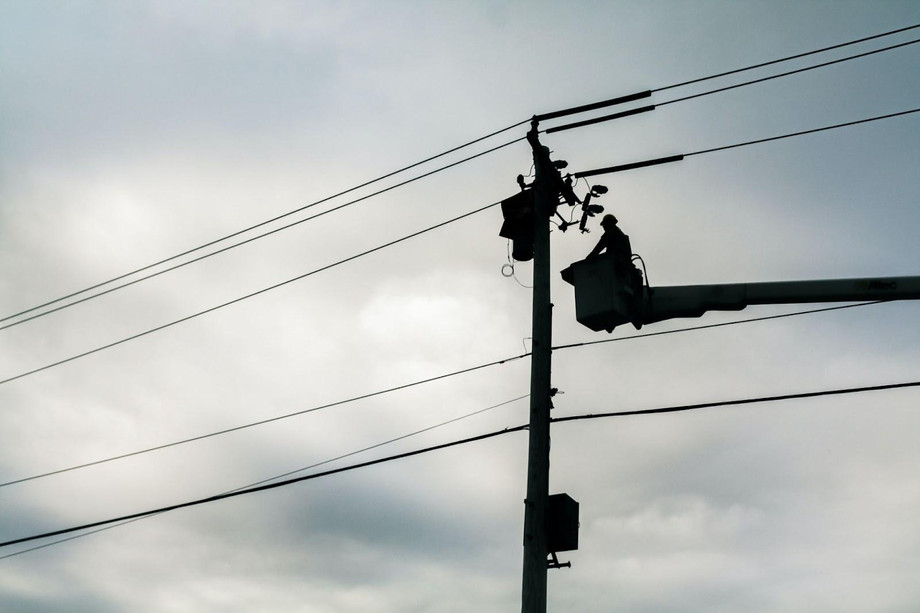Electrical spotters play a crucial role in ensuring safety and compliance in construction and industrial work environments. These professionals are specifically trained to identify and mitigate risks associated with working near electrical installations and overhead power lines. In Australia, where adherence to stringent safety standards is non-negotiable, the role of electrical spotters is vital. Here's a closer look at what they do and why they are indispensable on a worksite.
Role and Responsibilities
The primary role of electrical spotters is to serve as safety observers for operations conducted in the vicinity of overhead or underground electrical installations. They ensure that machinery, equipment, and personnel maintain a safe distance from electrical hazards. This includes monitoring the movement of cranes, excavators, elevated work platforms, and other equipment to prevent accidental contact with power lines.
Training and Expertise
Electrical spotters must undergo specific training that equips them with the knowledge and skills necessary to identify electrical hazards and take appropriate measures. This training includes understanding the safe working distances from power lines, using safety equipment, and emergency procedures. Their expertise allows them to effectively communicate with machine operators and ground personnel to maintain a safe work environment.
Risk Assessment and Prevention
A key aspect of an electrical spotter's role is conducting risk assessments before the commencement of any work. They assess the site for potential electrical hazards and devise mitigation strategies. Their preventive measures are essential in avoiding accidents and ensuring that all operations comply with Australian safety standards.
Communication and Coordination
Effective communication is a critical skill for electrical spotters. They act as the crucial link between the workers on the ground and the machine operators, ensuring that all parties are aware of the potential risks and are working in a coordinated manner. This communication is vital for maintaining safety and efficiency on the worksite.
Emergency Response
In the event of an emergency or a safety breach, electrical spotters are often the first responders. Their training enables them to handle such situations with the appropriate urgency and safety measures, helping to prevent injuries and minimise damage.
Electrical spotters are an essential component of workplace safety, especially in environments where electrical hazards are present. Their specialised skills and vigilance are pivotal in safeguarding workers and ensuring compliance with safety regulations. Site Security & Traffic Control (SSTC) recognises the importance of these professionals and provides trained electrical spotters as part of their comprehensive safety services, ensuring that your worksite remains safe and compliant.





Comments